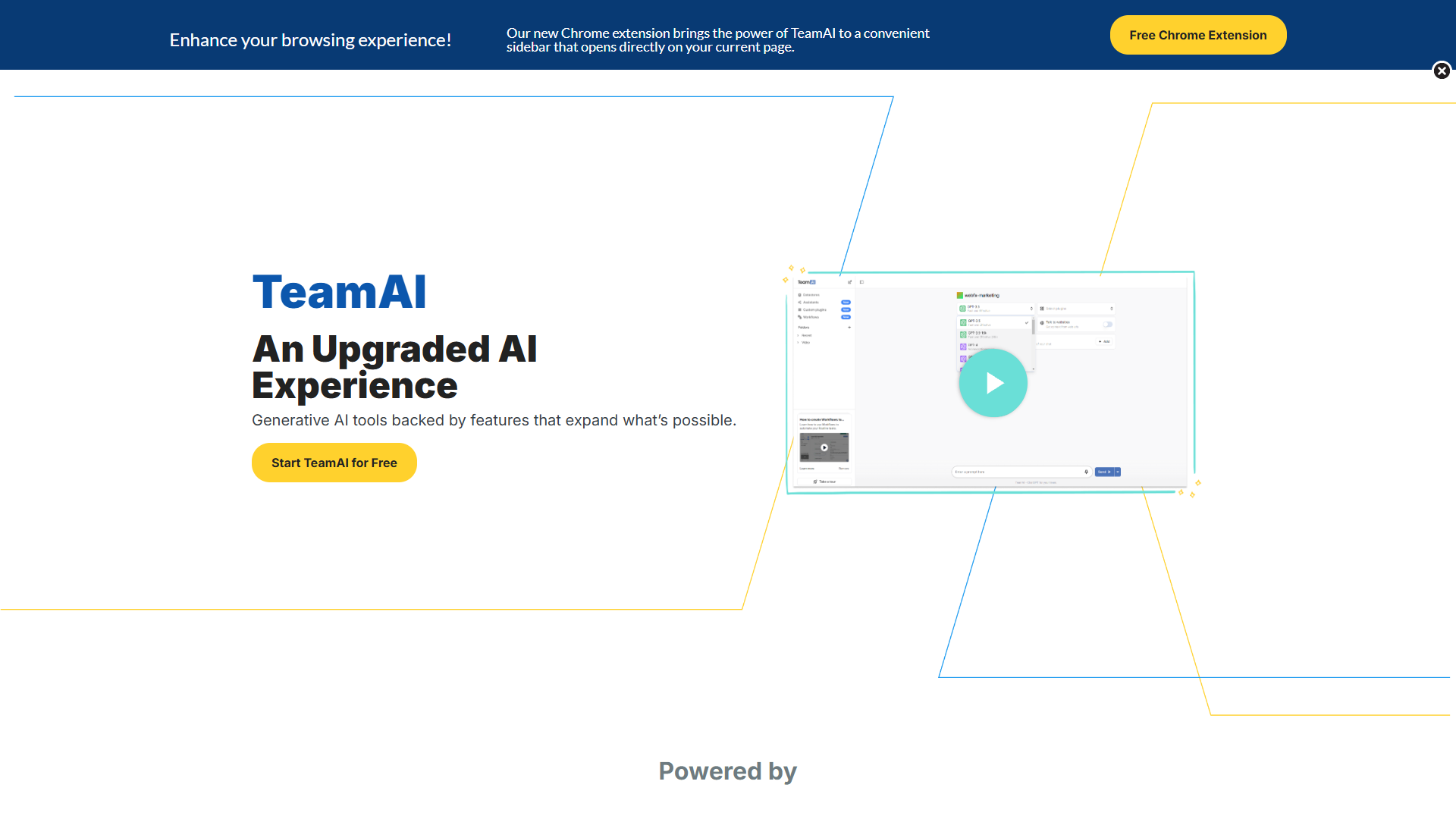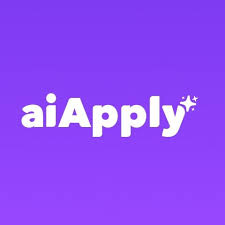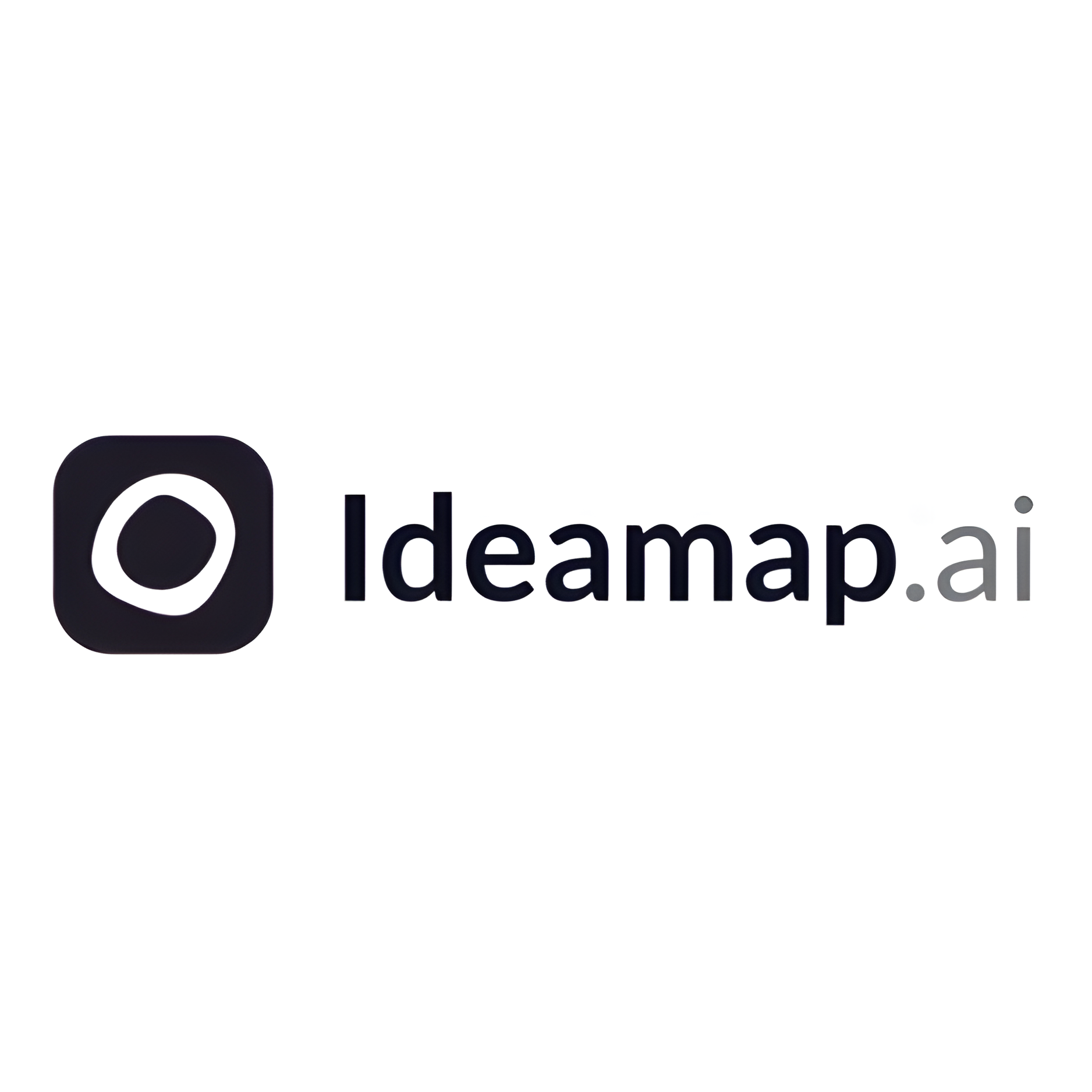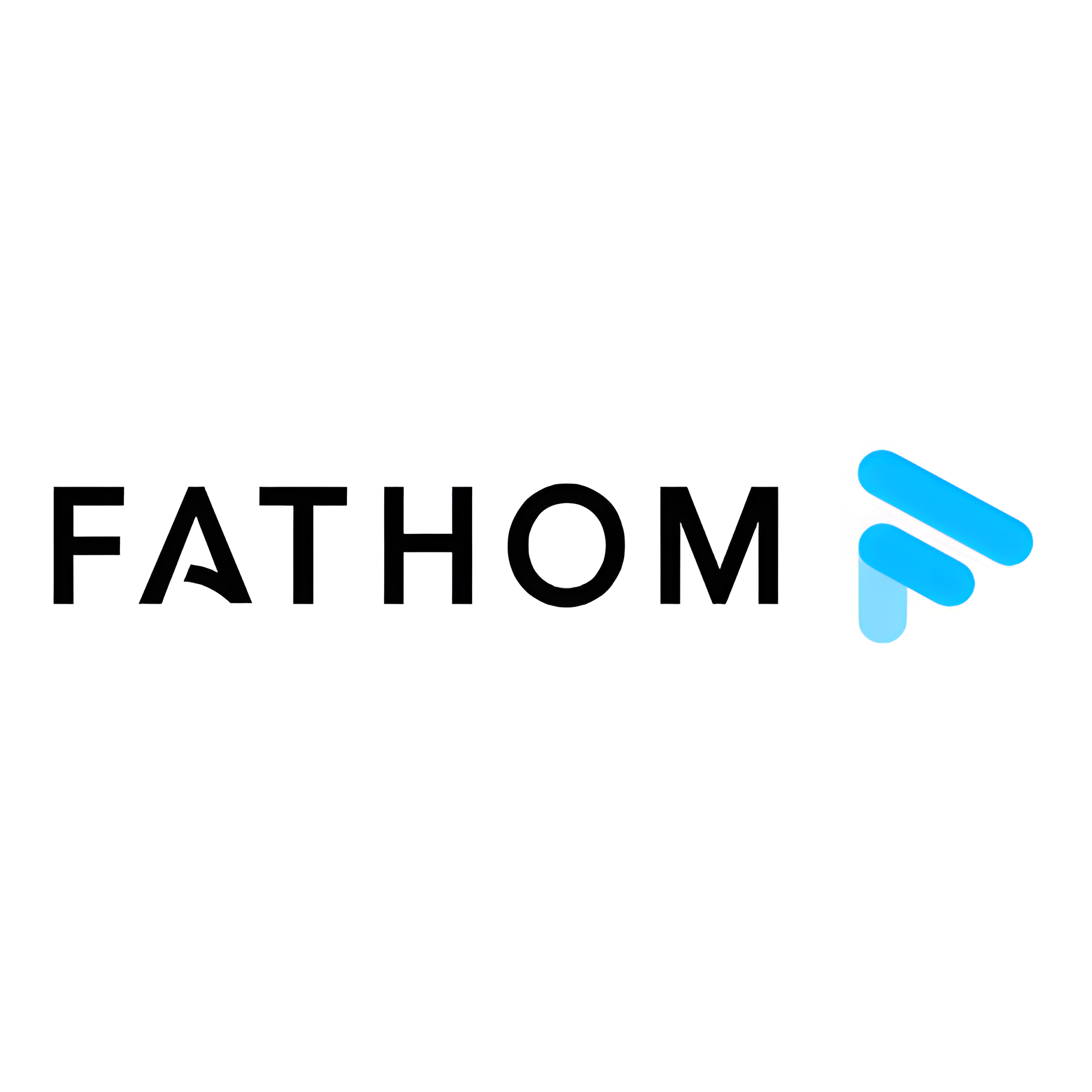Overview
TeamAI is a robust AI platform designed to streamline and enhance business productivity through collaborative tools and seamless integration of multiple language models. It offers a comprehensive suite of features that cater to diverse business needs, from small businesses to large enterprises. Key offerings include document libraries, custom agents, and plugins that allow for tailored AI interactions. The platform's automated workflows and shared prompt libraries make it easier for teams to communicate and collaborate efficiently.
A standout feature of TeamAI is its multi-model system, which ensures users are not locked into a single AI model, providing the flexibility to adapt as AI technology advances. This aspect is particularly beneficial in dynamic industries where the ability to pivot quickly can offer a competitive edge. TeamAI also offers a Chrome extension that brings AI capabilities directly to users' browsers, enabling a seamless integration into existing workflows.
Whether for sales, marketing, or administration, TeamAI delivers powerful and versatile solutions that address specific team functions, helping businesses leverage AI for improved operations and strategic decision-making. Its commitment to security and user autonomy in data management further enhances its appeal as a reliable AI partner for modern enterprises.
Key features
- Collaborative AI platform: TeamAI provides a collaborative workspace that allows multiple users to interact and share prompts, enhancing teamwork and productivity across different projects.
- Multiple language models: The platform integrates various AI models, allowing users to switch and adapt as technology evolves, ensuring flexibility and future-proofing.
- Automation workflows integration: It includes automated workflows that streamline repetitive tasks, saving time and reducing errors in complex business processes.
- Custom agents and plugins: Users can build custom agents and plugins to suit specific needs, enhancing the platform's versatility in addressing unique challenges.
- Chrome extension integration: A Chrome extension brings AI capabilities directly into the browser, offering seamless and immediate access within the user's existing digital environment.
- Versatile business solutions: Tailored solutions for sales, marketing, and administrative teams enable businesses to leverage AI for strategic growth and operational efficiency.
 Pros
Pros
- Flexible AI integration: TeamAI's multi-model system allows users to adapt to rapid changes in AI technology without being tied to a single model, ensuring ongoing flexibility.
- Enhanced business productivity: By integrating AI into everyday workflows, TeamAI boosts productivity, allowing teams to focus on strategic tasks rather than repetitive chores.
- Supports diverse team sizes: From small teams to large enterprises, TeamAI offers scalable solutions, catering to the specific needs of businesses regardless of their size.
- User autonomy in data management: The platform empowers users with control over their data, ensuring privacy and security while enabling efficient collaboration.
- Seamless workflow integration: The Chrome extension and platform features ensure seamless integration into existing business processes, enhancing overall ease of use.
 Cons
Cons
- Learning curve for beginners: New users might find the comprehensive features overwhelming at first, requiring time to get accustomed to the platform's capabilities.
- Requires internet connectivity: The platform's functionality heavily relies on an internet connection, which might be a limitation in areas with unstable networks.
- Limited free plan access: While the basic plan offers essential features, access to advanced tools and larger collaborations requires a paid subscription, which might limit some users.
- Complex setup for customization: Setting up custom agents and plugins can be intricate, requiring technical knowledge and potentially additional resources for proper implementation.
- Dependency on third-party AI models: The reliance on external AI models may occasionally limit full control over updates and changes imposed by the model providers.
















